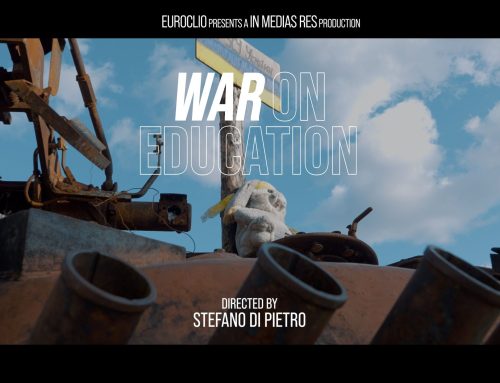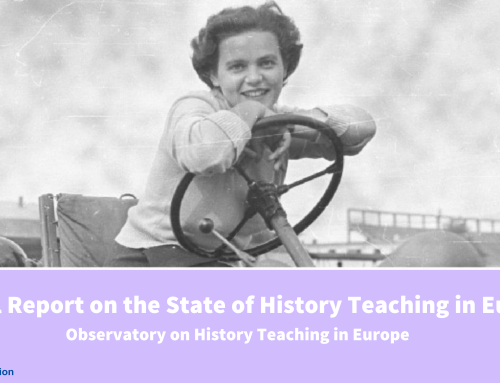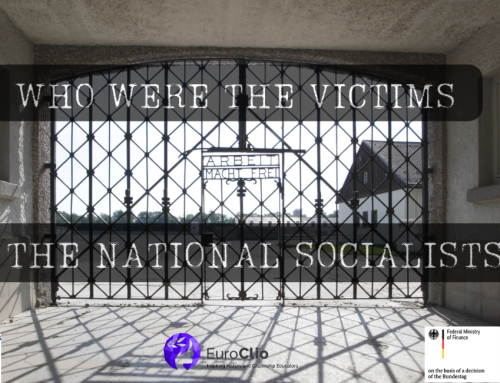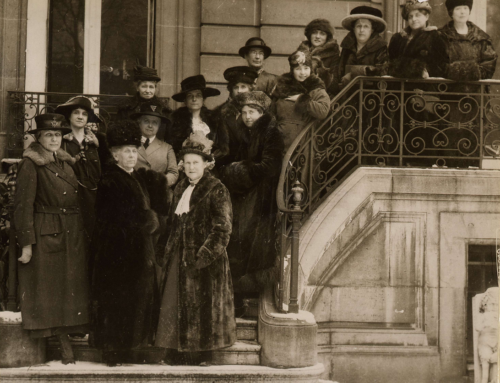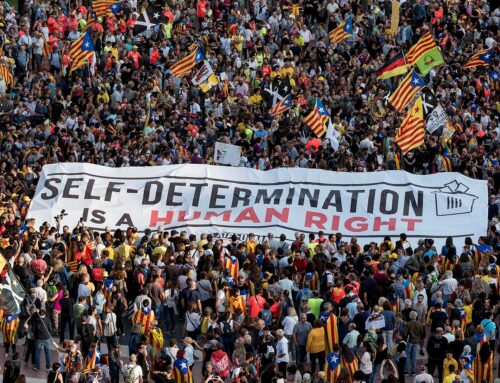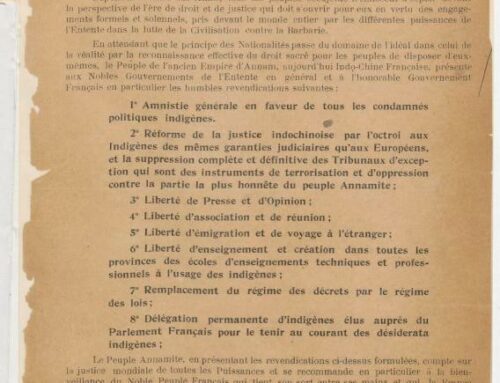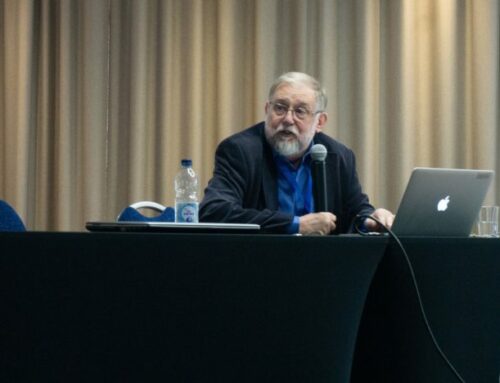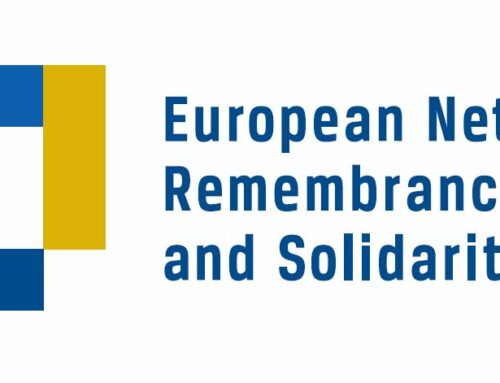On Monday the Council of the European Union adopted a conclusion on media literacy and critical thinking through education and training. The Council considers the fact that “the internet – and social media in particular – offer unprecedented, almost limitless opportunities in terms of sharing knowledge and ideas.” The internet and social media are becoming more important in our everyday life and the Council realizes the possibilities that accompany this development. For the Council the term “Media literacy” also involves other key competences, notably social and civic competences which have a clear link to critical thinking, ensuring that people can value diversity and respect the views and values of others, but also cultural awareness and expression which are underpinned by the ability to relate one’s own way of expressing points of view to those of others, including those with different cultural backgrounds.
However, this need for digital competence can also lead to a “digital divide”, which means that some people might fall out of society or are unable to get a job. Furthermore, there is a lot of information on the internet as well that could be harmful for children or puts people on the wrong path by providing the wrong information. The Council states that “while it is unlikely that increasing educational attainment would stop all forms of violent extremism, education and training can and should contribute to preventing radicalisation.” They conclude that it is very important for education and training staff to stay on top of these developments and try keep up with the speed.
If you want to read the full conclusion and press release and check out the invitations for member states on how to deal with this development click here.

